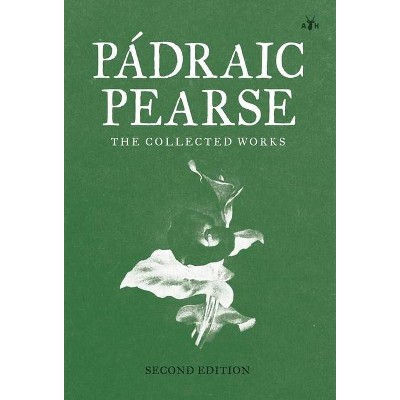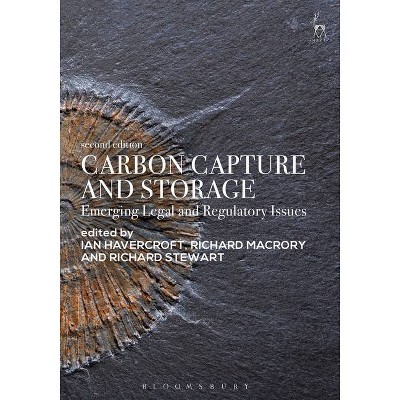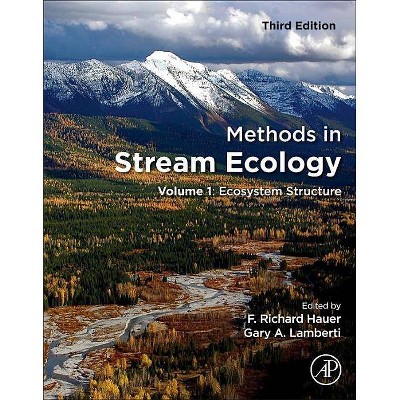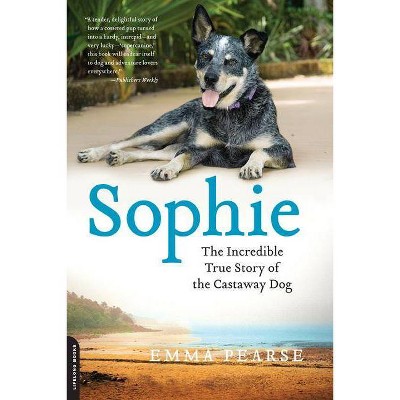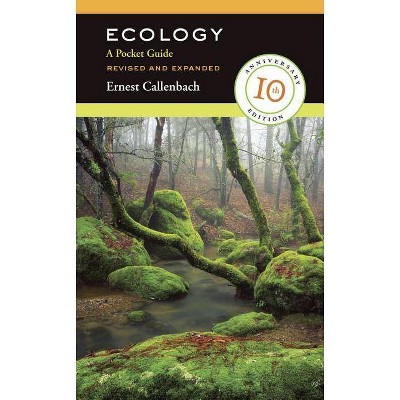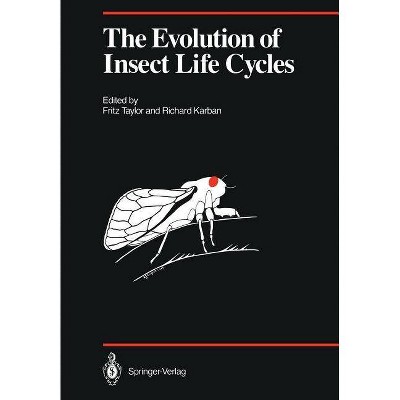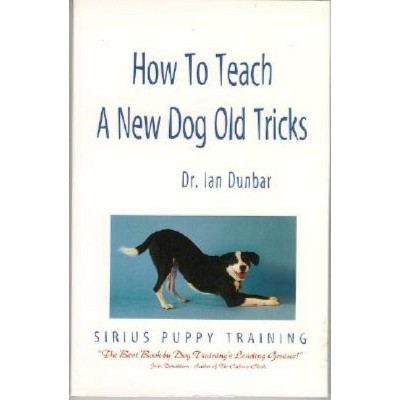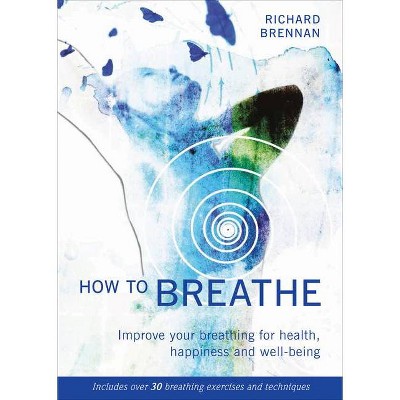How to Do Ecology - 2nd Edition by Richard Karban & Mikaela Huntzinger & Ian S Pearse (Paperback)
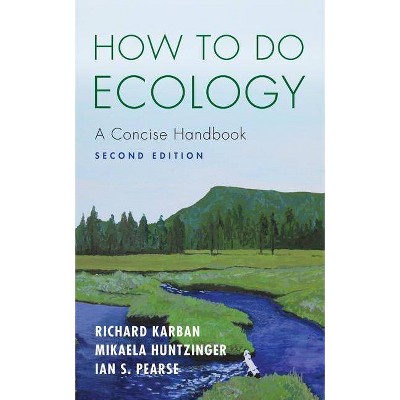
Similar Products
Products of same category from the store
AllProduct info
<p/><br></br><p><b> Book Synopsis </b></p></br></br><p><b>The essential guide to successful ecological research--now updated and expanded</b> <p/>Most books and courses in ecology cover facts and concepts but don't explain how to actually do ecological research. <i>How to Do Ecology</i> provides nuts-and-bolts advice on organizing and conducting a successful research program. This one-of-a-kind book explains how to choose a research question and answer it through manipulative experiments and systematic observations. Because science is a social endeavor, the book provides strategies for working with other people, including professors and collaborators. It suggests effective ways to communicate your findings in the form of journal articles, oral presentations, posters, and grant and research proposals. The book also includes ideas to help you identify your goals, organize a season of fieldwork, and deal with negative results. In short, it makes explicit many of the unspoken assumptions behind doing good research in ecology and provides an invaluable resource for meaningful conversations between ecologists. <p/>This second edition of <i>How to Do Ecology</i> features new sections on conducting and analyzing observational surveys, job hunting, and becoming a more creative researcher, as well as updated sections on statistical analyses.</p><p/><br></br><p><b> Review Quotes </b></p></br></br><br>Praise for the previous edition: Reading this book feels like having a good talk during a long walk in the woods with a wise and experienced advisor who really has the time to distill and share years of thinking about how ecological research works. Get it, and keep it handy, and your work will be the richer and more successful for it.<b>---Jessica Gurevitch, Stony Brook University, <i></i></b><br><br>Venturing into the world of ecology can be a fulfilling, yet challenging journey. Like any journey, those best prepared, through either direct experience or having gleaned advice from their elders, will have the greatest chance of success. <i>How to Do Ecology</i> collates years of good advice to deliver on the latter and would be a good investment for anyone finding, or readjusting, their feet in ecological research.<b>---Dylan Korczynskj, <i>Austral Ecology</i></b><br><br>Praise for the previous edition: <i>How to Do Ecology</i> contains much of the sage advice that good supervisors have been giving their postgraduate students for years. . . . [I]t's absolutely correct and vital information.<b>---Robyn K. Whipp, <i>Austral Ecology</i></b><br><br>Praise for the previous edition: [A] refreshing, concise work aimed primarily at those contemplating or performing ecological research studies. The authors' approach will be equally beneficial to those in various other areas of study. . . . Highly recommended.-- "Choice"<br><br>Praise for the previous edition: This book is a wealth of information for beginning professionals.<b>---Erika V. Iyengar, <i>American Biology Teacher</i></b><br><br>This book . . . distills the core procedural lessons of a PhD program in ecology and presents them in an engagingly written, easily digestible packet. . . . This is an enormously valuable publication, and anyone beginning or aspiring to a graduate degree in ecology really should read it.<b>---Robert M. Pringle, <i>Quarterly Review of Biology</i></b><br><p/><br></br><p><b> About the Author </b></p></br></br><b>Richard Karban</b> is professor of entomology at the University of California, Davis. He is the coauthor of <i>Induced Responses to Herbivory</i>. <b>Mikaela Huntzinger</b> is assistant director of the Center for Excellence in Teaching and Learning at the University of California, Davis. <b>Ian S. Pearse</b> is a postdoctoral associate at the Cornell Lab of Ornithology at Cornell University.
Price History
Cheapest price in the interval: 19.29 on October 22, 2021
Most expensive price in the interval: 19.29 on December 20, 2021
Price Archive shows prices from various stores, lets you see history and find the cheapest. There is no actual sale on the website. For all support, inquiry and suggestion messagescommunication@pricearchive.us
